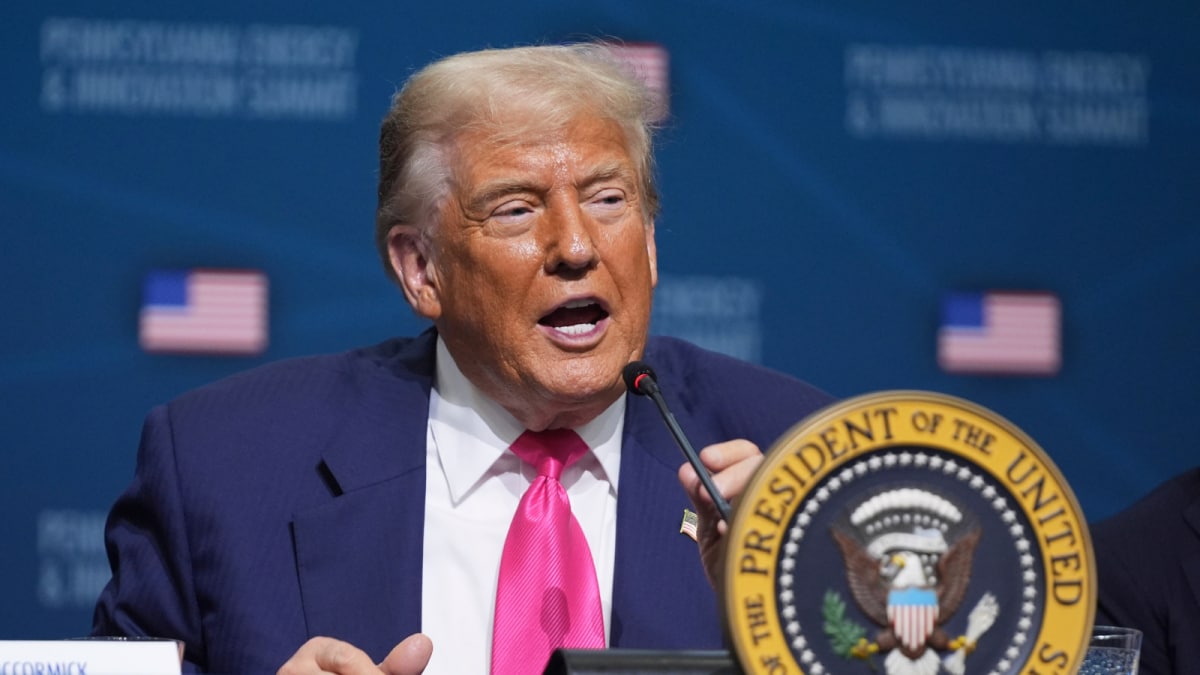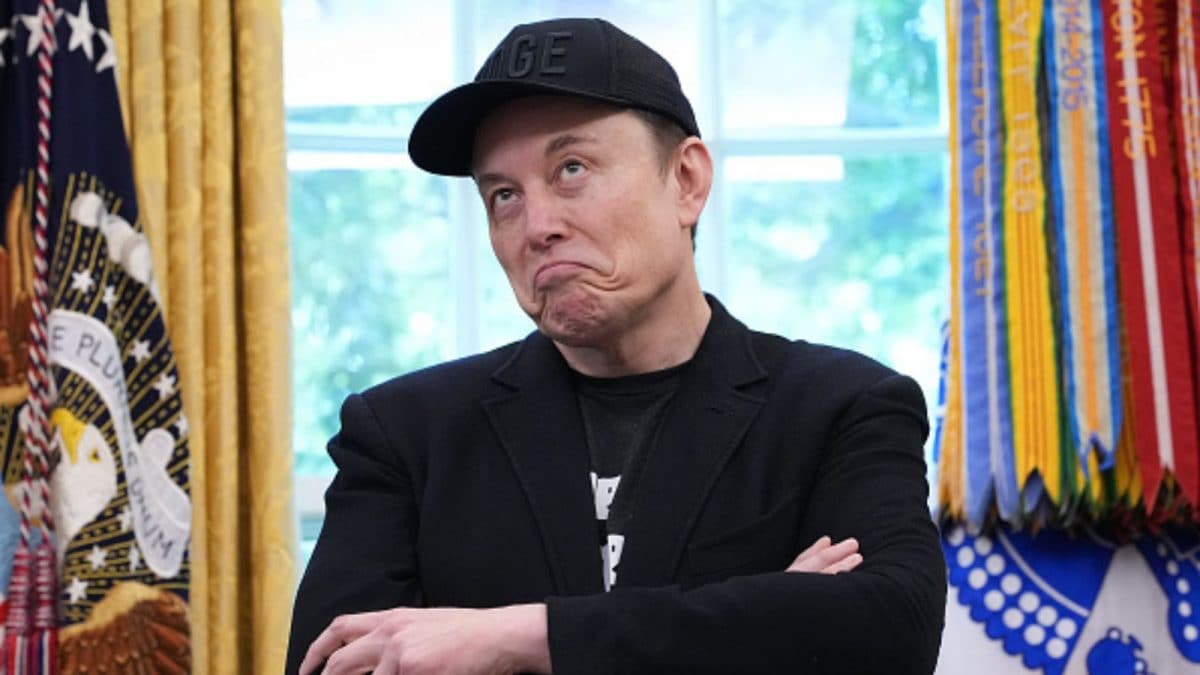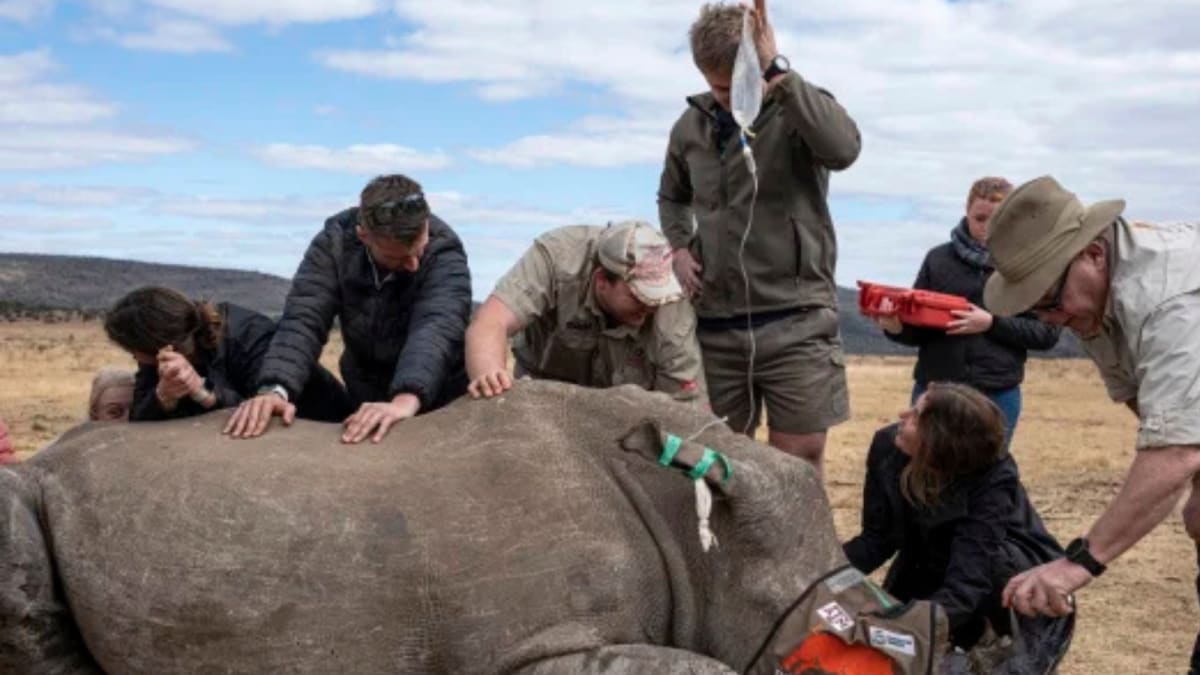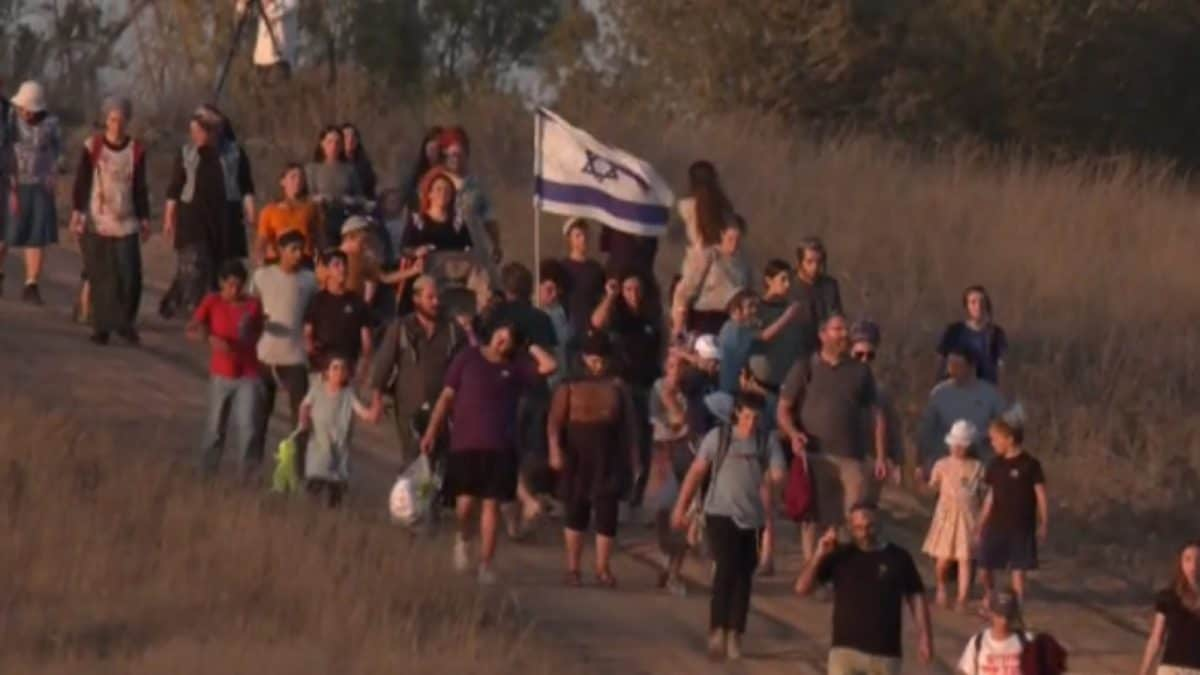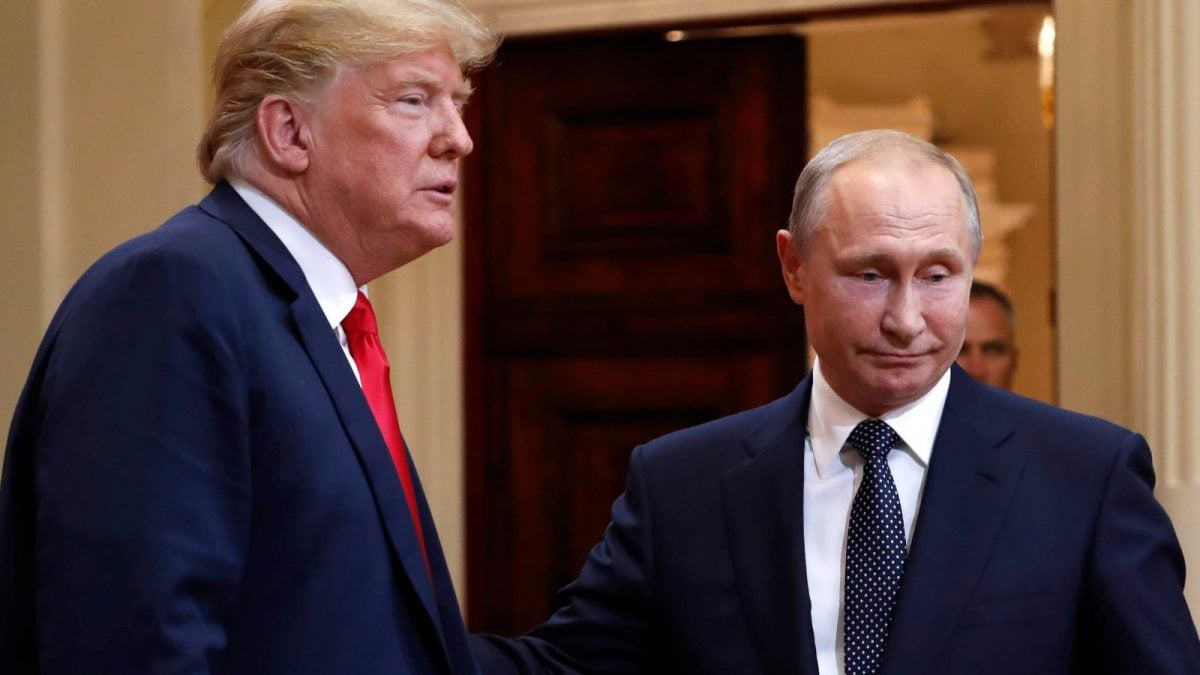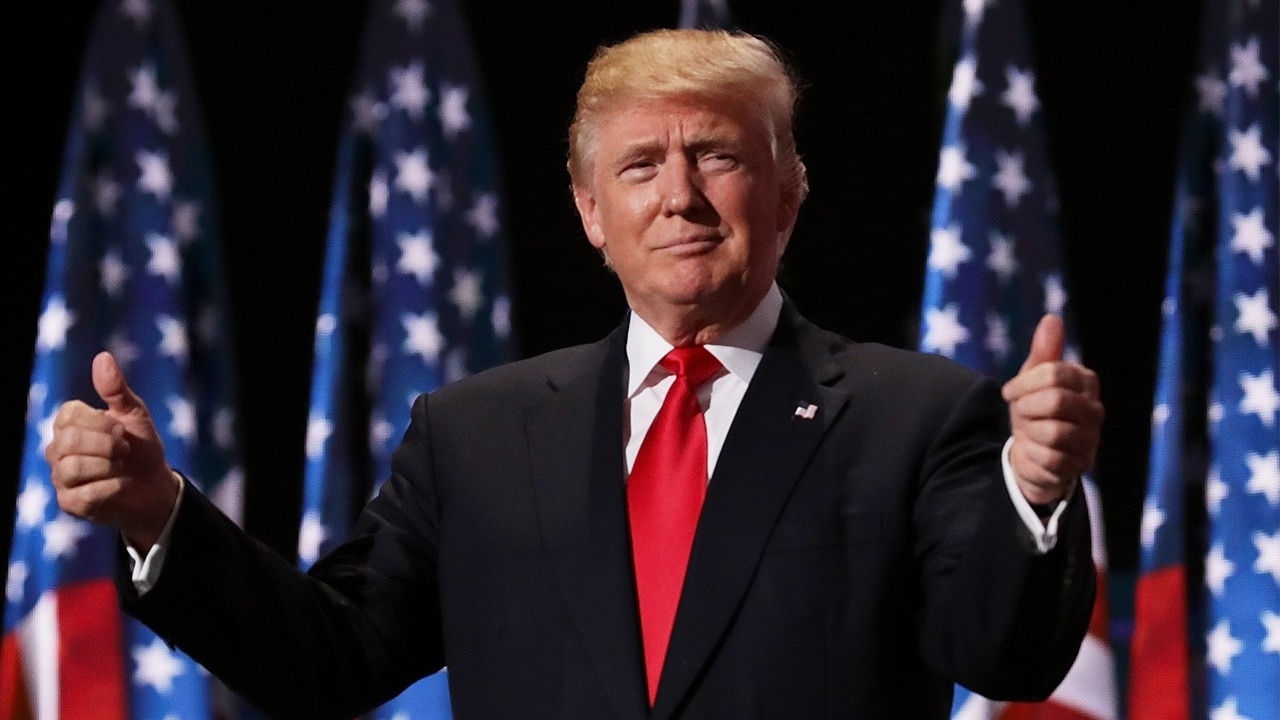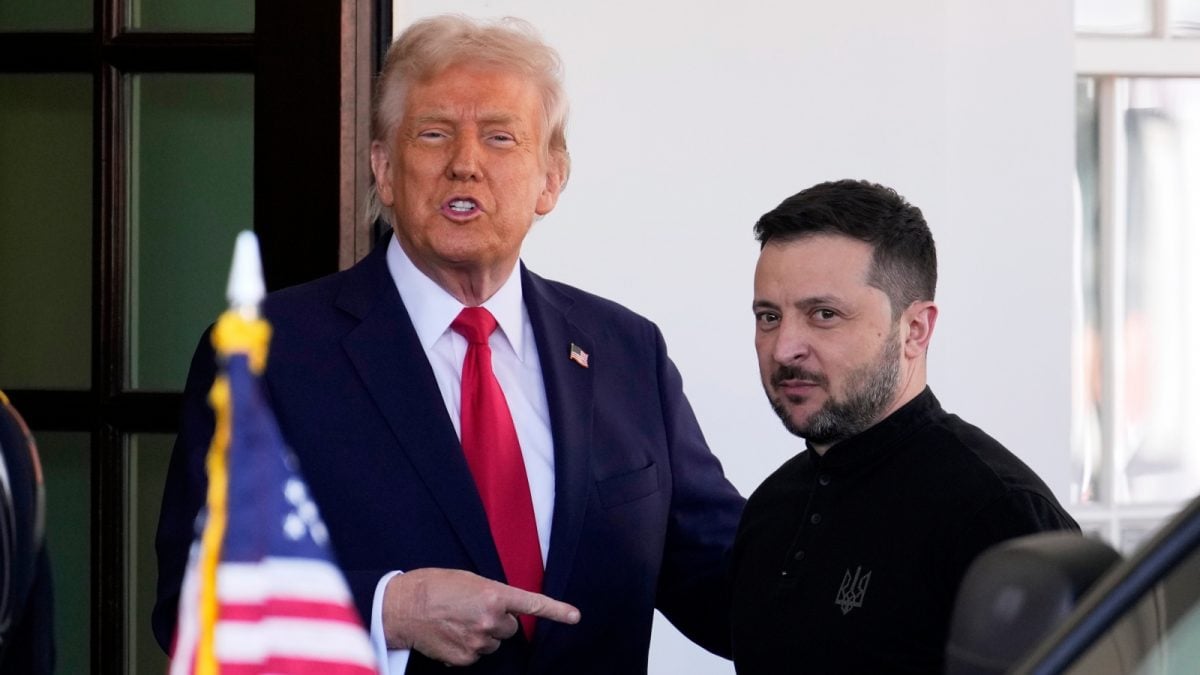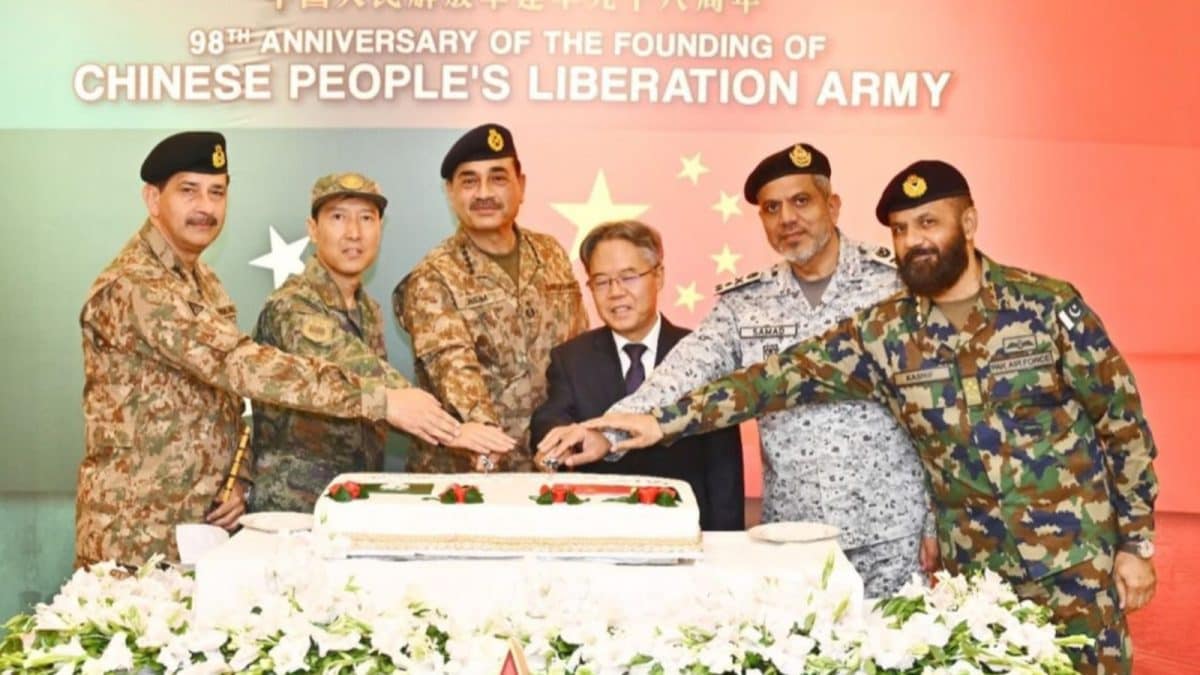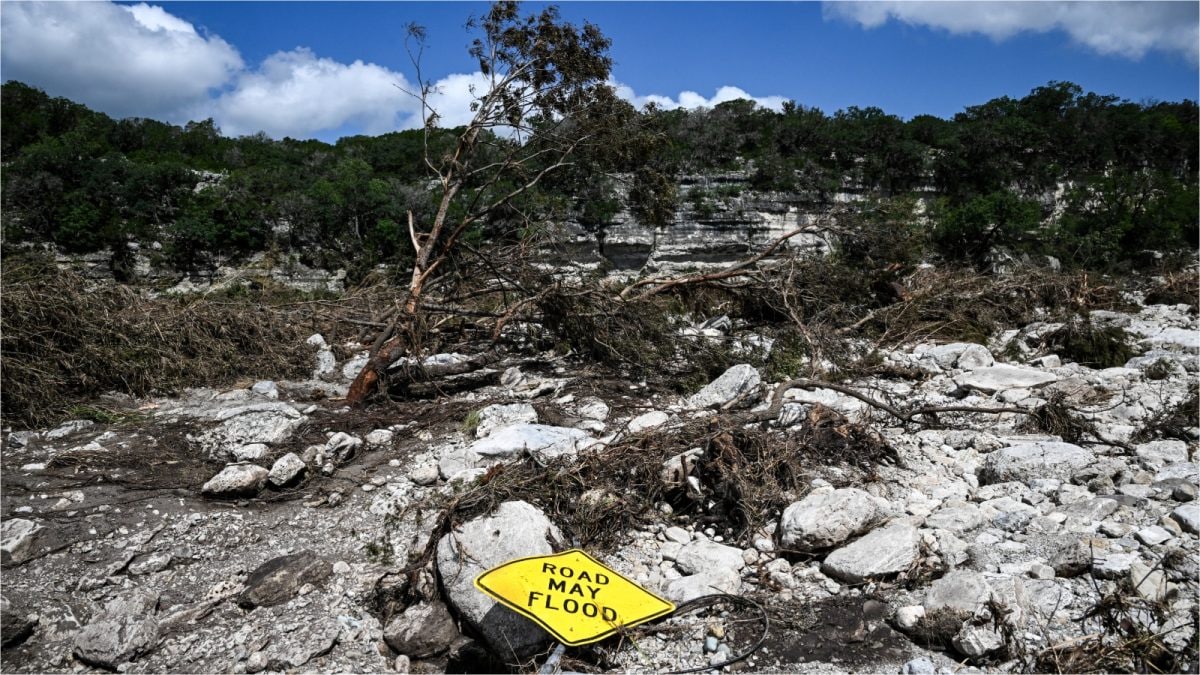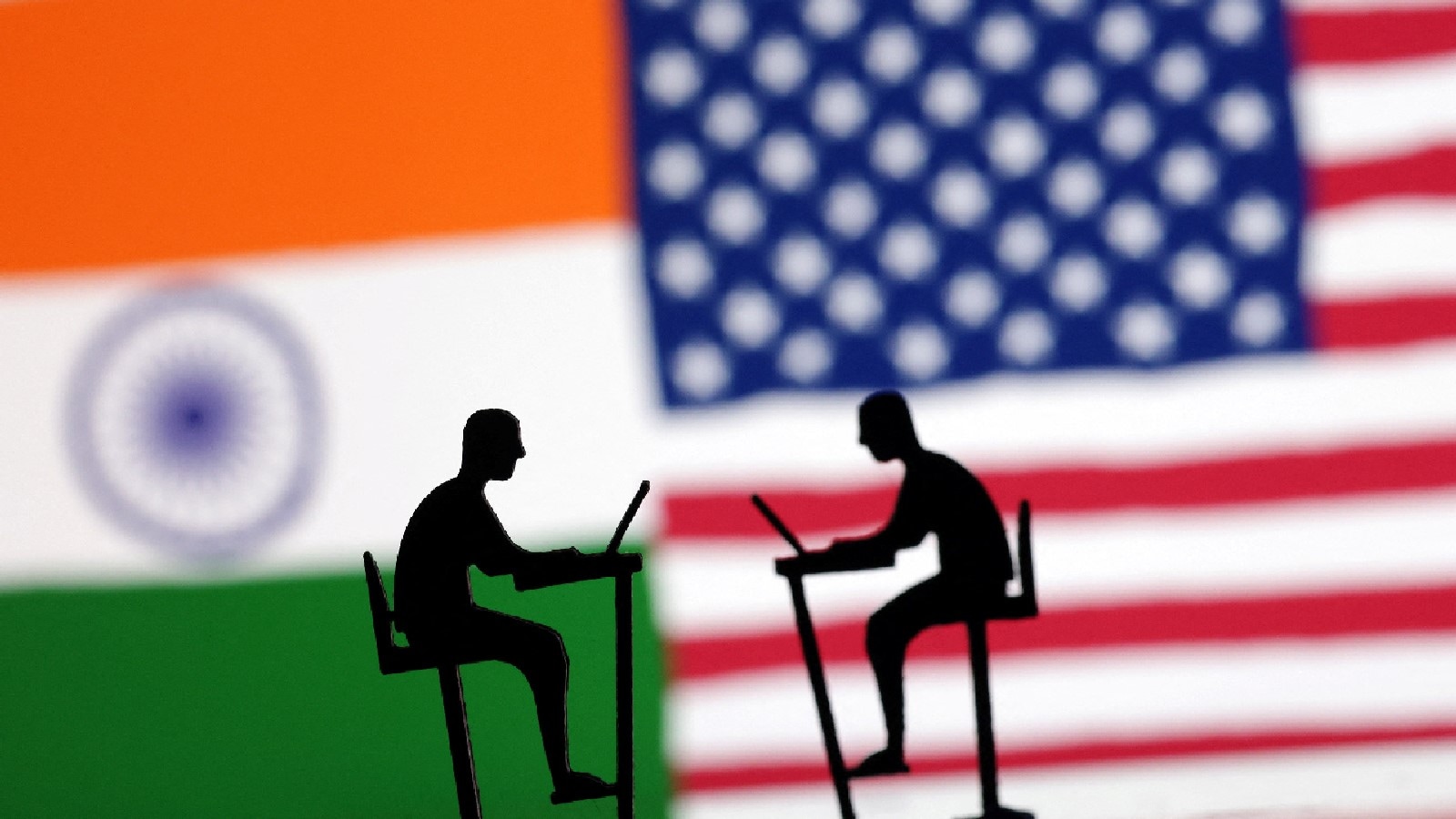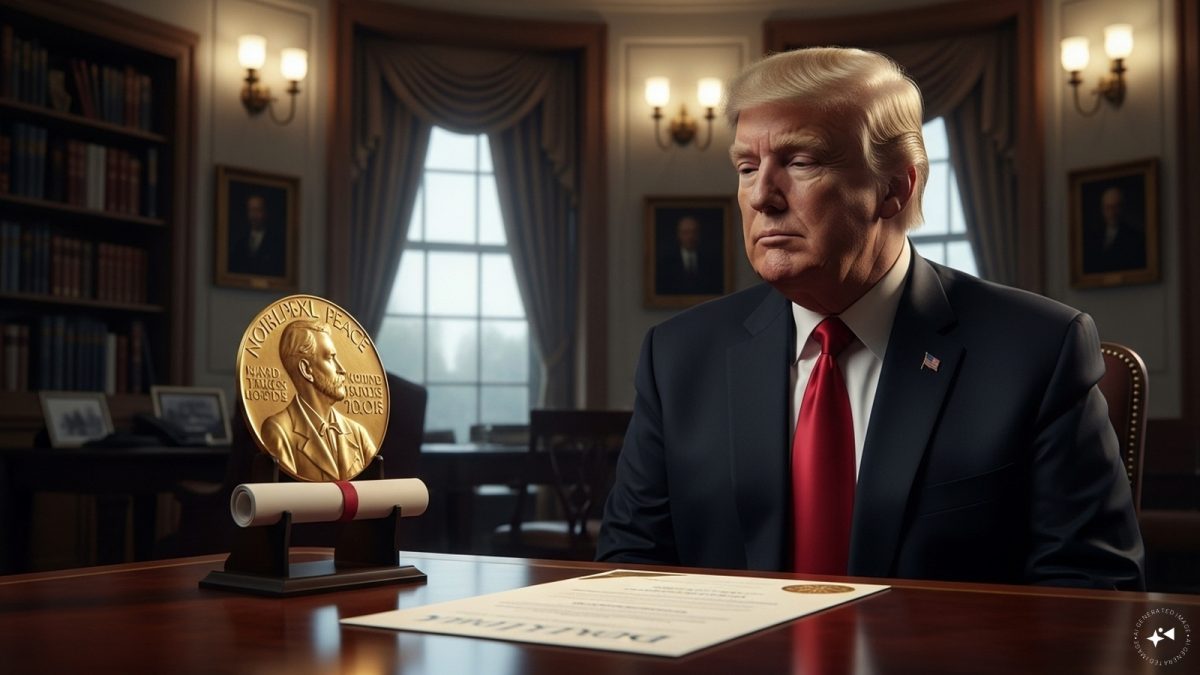Last Updated:June 05, 2025, 09:56 IST
19 countries face new US travel restrictions. The reasons go beyond just national security

US President Donald Trump (IMAGE: REUTERS)
In the wake of the Colorado attack on a pro-Israel group, US President Donald Trump has signed a sweeping new proclamation imposing travel restrictions on citizens from 19 countries, citing national security threats.
The attack, carried out by an Egyptian man who set fire to peaceful protesters seeking the release of Israeli hostages in Gaza, was directly referenced by Trump as he announced the decision on his social media platform, Truth Social.
The New Ban: Who’s Affected?
The proclamation fully bans entry from 12 countries: Afghanistan, Myanmar, Chad, the Republic of the Congo, Equatorial Guinea, Eritrea, Haiti, Iran, Libya, Somalia, Sudan, and Yemen.
An additional seven countries — Burundi, Cuba, Laos, Sierra Leone, Togo, Turkmenistan, and Venezuela — face partial restrictions across both immigrant and non-immigrant visa categories, including B-1, B-2, F, M, and J visas.
According to a statement from the White House, the countries facing the full ban were found “to be deficient with regards to screening and vetting and were determined to pose a very high risk to the United States."
Security Concerns And Terrorism Threats
Central to the administration’s justification is the claim that many of these countries pose heightened risks due to terrorism links, extremism, or state-sponsored activities:
Afghanistan: Taliban-controlled since 2021, considered a hub for extremist activity.Iran and Cuba: Both officially designated by the US State Department as State Sponsors of Terrorism.Yemen, Somalia, Libya, Sudan: Home to groups like Al-Qaeda, Al-Shabaab, and the Houthis, involved in ongoing conflicts that threaten regional and international stability.Trump stated while signing the order: “We cannot have open migration from any country where we cannot safely and reliably vet and screen… That is why today I am signing a new executive order placing travel restrictions on countries including Yemen, Somalia, Haiti, Libya, and numerous others."
“We cannot have open migration from any country where we cannot safely and reliably vet and screen… That is why today I am signing a new executive order placing travel restrictions on countries including Yemen, Somalia, Haiti, Libya, and numerous others." –President Trump pic.twitter.com/ER7nGM4TO2— The White House (@WhiteHouse) June 4, 2025
Fragile Or Failing States
Beyond direct terrorism links, many of the countries targeted in Trump’s travel ban share one common trait: deep state fragility. This limits their ability to maintain civil registries, criminal databases, or cooperate with international law enforcement — core issues for US visa screening.
The 2024 Fragile States Index, which ranks countries on political, security, economic, and humanitarian stability, places several of the fully banned nations among the world’s most unstable:
Somalia (Rank 1): Racked by decades of civil war, Somalia has no fully functioning central government, with large swathes controlled by Al-Shabaab militants. Law enforcement capacity remains minimal, with rampant corruption and limited border control.Yemen (Rank 2): Still locked in a brutal conflict between Houthi rebels and a Saudi-backed coalition, Yemen’s infrastructure has collapsed. Its civil registry and identity databases are virtually non-existent in many regions, making background checks extremely difficult.Sudan (Rank 5): Engulfed in a devastating power struggle between military factions (RSF vs SAF), Sudan’s state institutions have broken down, leading to lawlessness, mass displacement, and zero functional cooperation with international law enforcement.Congo (DRC) (Rank 6): Plagued by multiple armed groups, internal displacement, and ongoing instability in its eastern provinces, Congo faces chronic governance failures. Border controls are weak, and internal vetting mechanisms unreliable.Chad (Rank 8): Marked by authoritarian rule, weak security infrastructure, and frequent insurgencies along its borders, Chad’s institutional capacity for identity verification is severely limited.Afghanistan (Rank 9): Since the Taliban takeover in 2021, Afghanistan’s legal and civil systems have collapsed. The US has cut nearly all security cooperation, and Taliban-controlled ministries offer little transparency or credible data on citizens.Libya (Rank 16): With rival governments competing for power and various militias controlling key regions, Libya’s state institutions are fragmented. The absence of centralised governance makes security vetting highly challenging.Even beyond these top-tier fragile states, several others on Trump’s list — including Eritrea, Equatorial Guinea, Haiti, and Myanmar — are viewed as authoritarian or dysfunctional states with limited transparency, cooperation or control over security vetting.
Eritrea operates under a closed authoritarian regime with strict exit controls but little external cooperation.Equatorial Guinea has been cited for widespread corruption and opaque governance.Haiti faces political paralysis, gang violence, and frequent disruptions to government functions.Myanmar remains internationally isolated following its 2021 military coup, with sanctions and political repression further weakening state capacity.White House spokesperson Abigail Jackson said the new order fulfils Trump’s promise to “protect Americans from dangerous foreign actors that want to come to our country and cause us harm."
President Trump is fulfilling his promise to protect Americans from dangerous foreign actors that want to come to our country and cause us harm.These commonsense restrictions are country-specific and include places that lack proper vetting, exhibit high visa overstay rates, or… https://t.co/rr9jgBOzvt
— Abigail Jackson (@ATJackson47) June 4, 2025
Visa Overstay Violations
The partial bans also heavily cite immigration violations, particularly high visa overstay rates, as a factor for restricted entry.
Chad: 49.54 per cent overstay rate for B1/B2 visa holders.Eritrea: 55.43 per cent overstay rate among student and exchange visa categories (F, M, J).Other countries like Laos, Sierra Leone, Togo, Turkmenistan, Burundi, Cuba, and Venezuela have been flagged for non-compliance with US visa tracking and insufficient cooperation with law enforcement.
A Revival Of Trump’s 2017 Travel Ban
The latest order revives and broadens Trump’s earlier 2017 travel ban, which initially targeted seven Muslim-majority nations, including Iraq, Syria, Iran, Sudan, Libya, Somalia, and Yemen. That policy was rescinded by former President Joe Biden in 2021, who called it “a stain on our national conscience."
President Trump reinforced the rationale behind the decision, saying: “We will restore the travel ban, some people call it the Trump travel ban, and keep the radical Islamic terrorists out of our country that was upheld by the Supreme Court."
Conclusion
While officially framed as a national security measure, Trump’s revived travel ban reflects a combination of terrorism threats, fragile state risks, and visa enforcement failures. The move also aligns with his broader “America First" approach to immigration and border security. With implementation set to take effect at 12:01 am on Monday (June 9), thousands of travellers, students, and families across these nations will now face an uncertain future.
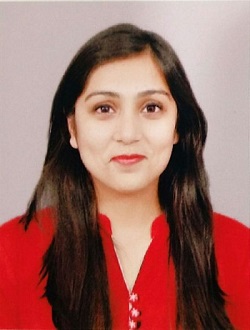
Karishma Jain, Chief Sub Editor at News18.com, writes and edits opinion pieces on a variety of subjects, including Indian politics and policy, culture and the arts, technology and social change. Follow her @kar...Read More
Karishma Jain, Chief Sub Editor at News18.com, writes and edits opinion pieces on a variety of subjects, including Indian politics and policy, culture and the arts, technology and social change. Follow her @kar...
Read More
News explainers Donald Trump’s New Travel Ban: Why These 19 Countries Have Been Targeted

 1 month ago
1 month ago
